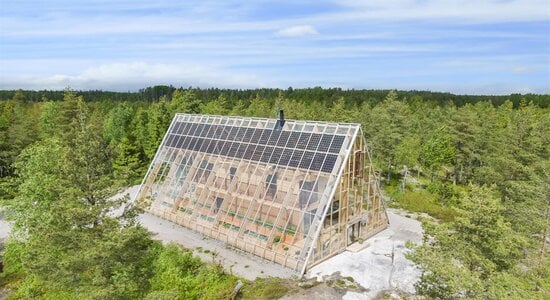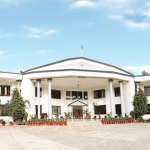Off-Grid Sustainable Living Solutions
Off-grid sustainable living offers a holistic approach to living that prioritizes self-sufficiency, resilience, and environmental stewardship· By disconnecting from centralized utilities such as electricity, water, and sewage systems, off-grid living allows individuals and communities to reduce their environmental footprint, minimize reliance on fossil fuels, and embrace a simpler, more sustainable way of life· From renewable energy systems and rainwater harvesting to composting toilets and permaculture gardens, there are countless off-grid sustainable living solutions that empower individuals to live in harmony with nature while enjoying greater freedom and independence·
One of the cornerstones of off-grid sustainable living is renewable energy, which harnesses natural resources such as sunlight, wind, and water to generate clean, renewable power· Solar panels, wind turbines, and hydroelectric generators are just a few examples of renewable energy systems that can provide electricity for off-grid homes and communities, reducing reliance on fossil fuels and mitigating the environmental impact of conventional energy sources·
In addition to renewable energy, off-grid sustainable living also emphasizes water conservation and resource efficiency· Rainwater harvesting systems capture and store rainwater for household use, reducing reliance on municipal water supplies and minimizing water waste· Greywater recycling systems treat and reuse wastewater from sinks, showers, and laundry machines for irrigation and other non-potable uses, further reducing water consumption and preserving precious resources·
Furthermore, off-grid sustainable living solutions include alternative wastewater treatment systems such as composting toilets and constructed wetlands, which safely and efficiently process human waste without the need for centralized sewage infrastructure· Composting toilets use natural decomposition processes to break down organic matter into nutrient-rich compost, while constructed wetlands harness the power of plants and microbes to purify wastewater naturally, returning it to the environment in a clean and sustainable manner·
Another important aspect of off-grid sustainable living is food production and self-sufficiency· Permaculture gardens, aquaponics systems, and food forests are just a few examples of sustainable agriculture practices that can provide fresh, nutritious food for off-grid communities while enhancing biodiversity and ecosystem resilience· By growing food locally and seasonally, off-grid residents can reduce their carbon footprint, support local food systems, and enjoy the health benefits of fresh, organic produce·
In conclusion, off-grid sustainable living offers a holistic approach to living that empowers individuals and communities to live in harmony with nature while enjoying greater freedom, independence, and resilience· By embracing renewable energy, water conservation, alternative wastewater treatment, and sustainable agriculture practices, off-grid residents can reduce their environmental footprint, minimize reliance on centralized infrastructure, and create thriving, self-sufficient communities that are resilient in the face of change· Whether you’re looking to reduce your environmental impact, embrace a simpler way of life, or connect more deeply with nature, off-grid sustainable living offers a path to a more sustainable and fulfilling future·






